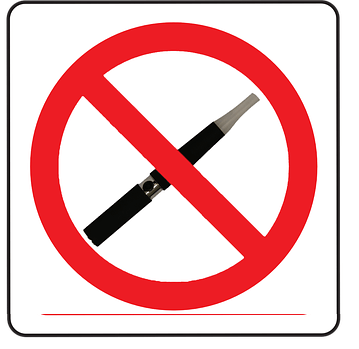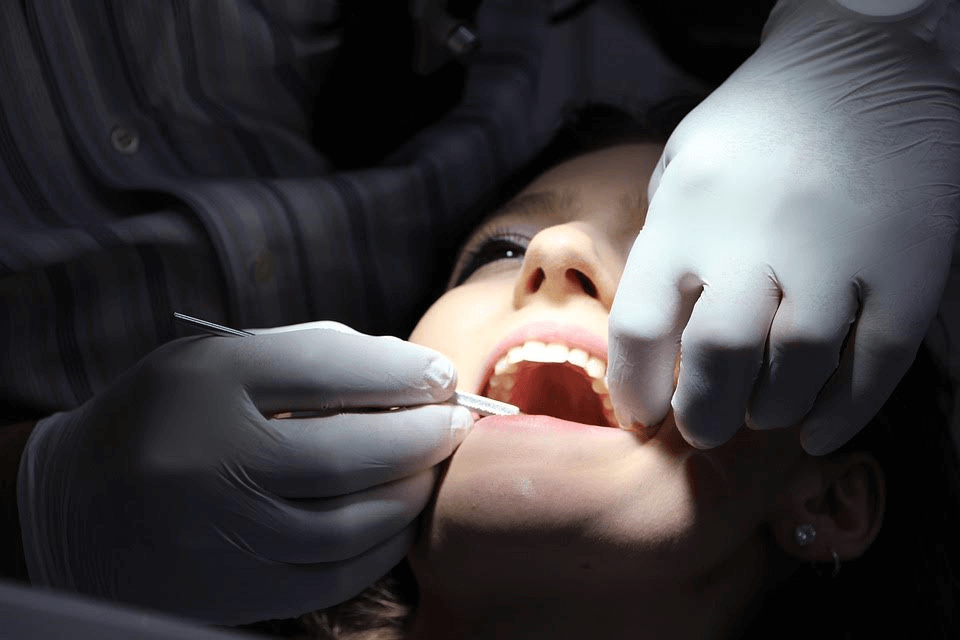Dentist in Berwyn
 Calcium is an important mineral for building strong, healthy teeth, but not everyone can tolerate the lactose found in dairy. Lactose is a sugar found in milk and other dairy products. About 65% of people have reduced ability to process lactose past infancy.
Calcium is an important mineral for building strong, healthy teeth, but not everyone can tolerate the lactose found in dairy. Lactose is a sugar found in milk and other dairy products. About 65% of people have reduced ability to process lactose past infancy.
If you have difficulty with lactose but want to ensure you are getting the calcium you need, consider one of these non-dairy sources of natural calcium.
- Canned seafood, such as sardines and salmon, can be a good source of calcium. These inexpensive options actually contain more calcium than their fresh counterparts. Canned seafood contains small, soft, edible bones that are generally unnoticeable but can be a great way to add calcium to a salad or other dish.
- Calcium-fortified juices are available in both orange and cranberry varieties. These juices taste the same as non-fortified options, but contain a substantial amount of calcium. Check the label to ensure it is a calcium-fortified juice.
- Soy, rice, and almond milks offer added calcium and can be used as a milk substitute for many dishes. Experiment with different varieties to determine which flavor you like the most for each use. Try one of these milk alternatives on cereal or use in a cooked dish in place of regular milk. Soy, rice, and almond milks are available in a variety of flavors, including plain, sweetened, unsweetened, vanilla, and other options.
- Beans are a calcium-rich food. Black-eyed peas and baked beans are particularly high in calcium.
- Green vegetables are a good source of natural calcium. Collard, mustard, turnip, and dandelion greens, Chinese cabbage, spinach, kale, okra, and broccoli are all great choices for adding calcium to your diet.
- Nuts, such as almonds, walnuts, hazelnuts, or Brazil nuts are strong sources of calcium. Flaxseeds and sunflower seeds are a great snack or salad additive with calcium. Almond butter, cashew butter, and pumpkin seed butter are a fun and calcium-rich alternative to peanut butter.
- Breakfast cereals are highly fortified with several vitamins and minerals, including calcium. Old-fashioned rolled oatmeal adds calcium to your breakfast as well.
Calcium is important for developing and maintaining strong teeth and bones. If you have trouble with dairy, don’t let that stop you from consuming your recommended amount of daily calcium.
For more information that can improve your oral health, contact our office.



 Halitosis, commonly known as bad breath, is commonly associated with certain foods. Garlic, onion, and cabbage can all cause a foul odor and taste for several hours after you’ve eaten them. This type of temporary halitosis is easily solved by avoiding the foods that cause it. However, in some cases bad breath is a chronic problem that simply changing your diet won’t solve.
Halitosis, commonly known as bad breath, is commonly associated with certain foods. Garlic, onion, and cabbage can all cause a foul odor and taste for several hours after you’ve eaten them. This type of temporary halitosis is easily solved by avoiding the foods that cause it. However, in some cases bad breath is a chronic problem that simply changing your diet won’t solve.
 You want to save time and money, so you take your child to the emergency room for a dental problem. It’s a growing trend especially among parents, but you should generally avoid using the emergency room when dental problems occur. We understand you want your child to receive the best available care in the quickest manner possible. However, it is important to know the best place to seek out for dental issues is often our office.
You want to save time and money, so you take your child to the emergency room for a dental problem. It’s a growing trend especially among parents, but you should generally avoid using the emergency room when dental problems occur. We understand you want your child to receive the best available care in the quickest manner possible. However, it is important to know the best place to seek out for dental issues is often our office.
 When you are close to someone you can often be overly comfortable in sharing. This is especially true with kissing. In one kiss, more than 500 germs can be shared between two people. Sharing a kiss can have an impact on your oral health. Here are some of the dangers of kissing.
When you are close to someone you can often be overly comfortable in sharing. This is especially true with kissing. In one kiss, more than 500 germs can be shared between two people. Sharing a kiss can have an impact on your oral health. Here are some of the dangers of kissing.
 In some cases, our doctor might suggest you visit an endodontist for an apicoectomy. An endodontist is a dentist who specializes in root canal therapy. In certain situations, it is helpful for a patient to receive treatment by a professional who specializes in this area.
In some cases, our doctor might suggest you visit an endodontist for an apicoectomy. An endodontist is a dentist who specializes in root canal therapy. In certain situations, it is helpful for a patient to receive treatment by a professional who specializes in this area.
 X-rays provide useful visual data for dentists to utilize when treating you. Occasionally, guests to our office ask about the radiation from x-rays and the dangers associated with high-exposure. Rest assured, a dental x-ray is one of the safest medical imaging procedures there is. Here’s what you need to know about getting a dental x-ray.
X-rays provide useful visual data for dentists to utilize when treating you. Occasionally, guests to our office ask about the radiation from x-rays and the dangers associated with high-exposure. Rest assured, a dental x-ray is one of the safest medical imaging procedures there is. Here’s what you need to know about getting a dental x-ray.
 Primary (or baby) teeth play a vital role in the proper growth and development of your child’s permanent teeth. This is the reason why we may recommend root canal therapy for your child, rather than simply extracting a severely decayed baby tooth. Please review the information below to learn more about what symptoms may indicate the need for root canal treatment and how to prevent tooth decay in baby teeth.
Primary (or baby) teeth play a vital role in the proper growth and development of your child’s permanent teeth. This is the reason why we may recommend root canal therapy for your child, rather than simply extracting a severely decayed baby tooth. Please review the information below to learn more about what symptoms may indicate the need for root canal treatment and how to prevent tooth decay in baby teeth.
 The hazards surrounding vaping are not entirely clear. More research is needed in this area, but a recent study indicates that e-cigarette vapors could be damaging to your mouth. Here’s what you need to know.
The hazards surrounding vaping are not entirely clear. More research is needed in this area, but a recent study indicates that e-cigarette vapors could be damaging to your mouth. Here’s what you need to know.
 When buying a toothbrush, toothpaste, or coming in to our office, you often hear the word “plaque” associated with the health of your teeth. Plaque is one of the main reasons why it is so important to keep up with a daily oral hygiene routine that includes brushing two times each day for at least two minutes, and flossing regularly as well. Here’s what you need to know about plaque and what it can do to your smile.
When buying a toothbrush, toothpaste, or coming in to our office, you often hear the word “plaque” associated with the health of your teeth. Plaque is one of the main reasons why it is so important to keep up with a daily oral hygiene routine that includes brushing two times each day for at least two minutes, and flossing regularly as well. Here’s what you need to know about plaque and what it can do to your smile.
 Root canal, or endodontic, therapy treats inflammation or infection within the pulp of a tooth. If you are awaiting your first root canal treatment, you may feel anxious or uncertain. It can be difficult to separate myth from fact when trying to learn what to expect. Here is some useful information about root canal therapy and some common misperceptions you may encounter.
Root canal, or endodontic, therapy treats inflammation or infection within the pulp of a tooth. If you are awaiting your first root canal treatment, you may feel anxious or uncertain. It can be difficult to separate myth from fact when trying to learn what to expect. Here is some useful information about root canal therapy and some common misperceptions you may encounter.